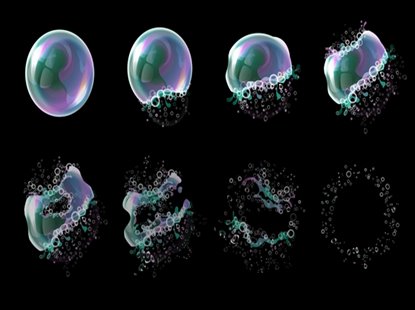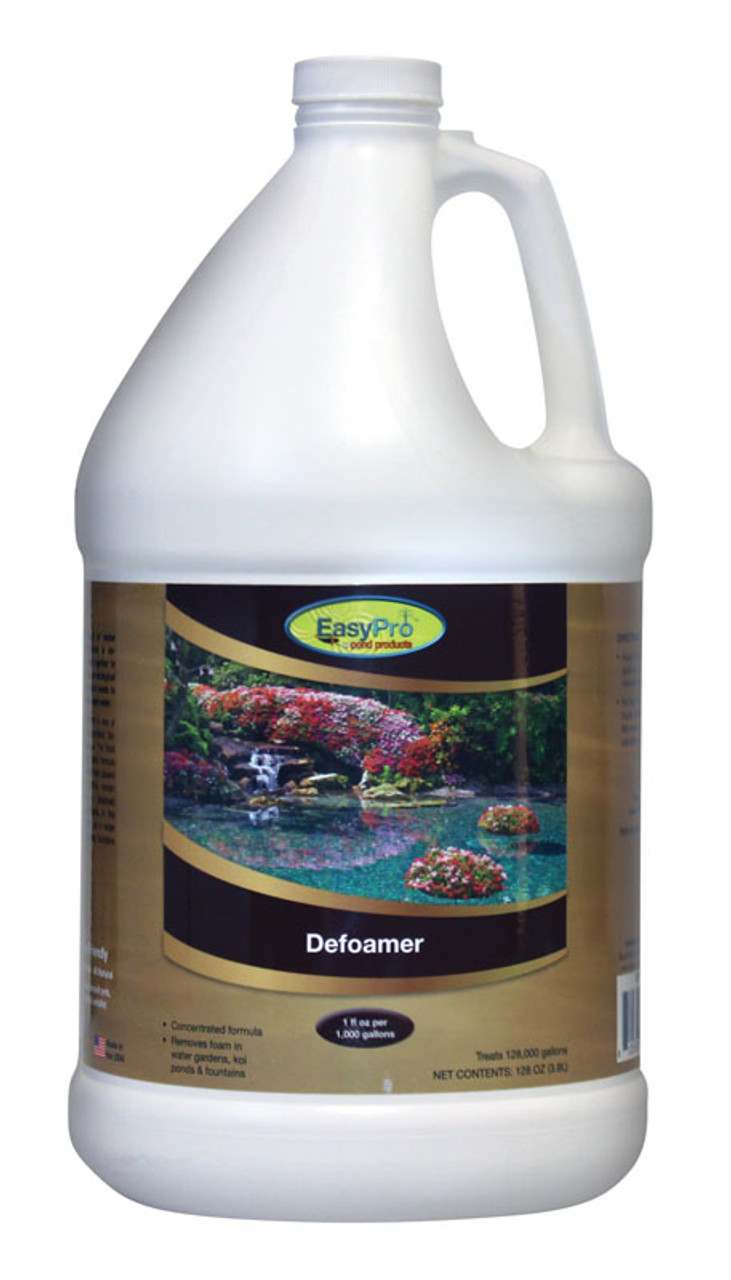The Role of Defoamers in the Chemical and Food Processing Industries
The Role of Defoamers in the Chemical and Food Processing Industries
Blog Article
The Role of Defoamers in Enhancing Product Quality and Efficiency
Defoamers serve as crucial additives that alleviate this problem, making certain smoother production process while improving the useful and aesthetic characteristics of the final items. The choice of the ideal defoamer can be vital to achieving optimum results, raising vital concerns about formulation compatibility and efficiency metrics that merit further exploration.
Recognizing Defoamers
Comprehending the duty of defoamers is vital for maintaining item high quality across various industries. Defoamers are chemical ingredients designed to stop the formation and lower of foam in fluid systems, which can detrimentally impact procedures such as mixing, loading, and surface stress. Frothing can result in ineffectiveness, item issues, and jeopardized aesthetic charm, making defoamers an important element in manufacturing procedures.
In industrial applications, defoamers aid to improve product consistency and stability. For instance, in the paint and finishes sector, foam can hinder the application procedure and the final surface. Likewise, in food and beverage manufacturing, too much foam can impede bottling and packaging performance (defoamers). The effective use of defoamers not only makes sure smoother production processes yet additionally contributes to remarkable product efficiency.
In addition, the option and solution of a defoamer must straighten with details application requirements, such as compatibility with various other active ingredients, efficiency under differing temperature level and pH conditions, and prospective governing constraints. Ultimately, understanding defoamers' features and their relevance in various formulations is vital for maximizing manufacturing and making certain the best output.
Sorts Of Defoamers
Defoamers can be classified into several kinds based upon their make-up and mechanism of action. The primary kinds consist of silicone-based, non-silicone natural, and inorganic defoamers.
Silicone-based defoamers are among one of the most effective, mainly as a result of their capacity to spread out quickly on the fluid surface area and disrupt foam formation. Their unique chemical framework permits remarkable stability, making them appropriate for high-temperature applications and environments with differing pH levels.
Non-silicone natural defoamers, commonly made up of all-natural oils or fats, are valued for their biodegradability and lower poisoning. These are commonly used in food and beverage applications where security and environmental effect are vital.
Inorganic defoamers, that include substances like talc or calcium carbonate, act by enhancing the thickness of the liquid, thus lowering foam stability. They are commonly made use of in industrial procedures where compatibility with other products is not an issue.
Each kind of defoamer has unique benefits and restrictions, permitting tailored remedies relying on the details lathering issues come across in numerous applications. Understanding these differences is vital for maximizing efficiency and attaining wanted item high quality.
Applications Across Industries
Many industries utilize defoamers to enhance item high quality and operational performance. In the food and beverage market, defoamers are important in procedures such as brewing and milk production to stop foam formation, which can lead to inadequacies and item incongruity. By controlling foam, suppliers can make certain better return and a much more consistent item.
In the pharmaceutical industry, defoamers play a vital role in the formula of fluid medicines, where extreme foam can impede mixing and accurate dosing. Their use helps keep the stability of the formulations and helps with smoother production procedures.
The paint and finishings market additionally relies upon defoamers to enhance the efficiency of products during application. By reducing foam, these additives make certain a smoother coating and enhance the visual top qualities of the end product.

Benefits of Using Defoamers
While the application of defoamers varies throughout industries, their advantages regularly boost product high quality and process view website effectiveness. One significant benefit is the decrease of foam development throughout making processes, which can otherwise bring about manufacturing delays and incongruities in product high quality. By lessening foam, defoamers make it possible for a smoother flow of products, assisting in extra efficient operations and minimizing the chance of equipment breakdowns.
Additionally, making use of defoamers can improve the appearance and appearance of last products. In fields such as coverings, paints, and food processing, too much foam can compromise the aesthetic aesthetic appeals and total top quality, while the appropriate defoamer application guarantees an uniform coating and desirable features. Furthermore, defoamers can add to cost financial savings by reducing waste throughout production and maximizing the usage of resources (defoamers).

Choosing the Right Defoamer
Choosing the ideal defoamer is crucial for enhancing production processes and ensuring item top quality. The option of defoamer influences not only the effectiveness of foam control but additionally the total efficiency attributes of the final product. Factors to consider include the sort of application, the chemistry of the formula, and the environmental conditions under which the item will certainly be utilized.
Different industries might need particular defoamer types, such as silicone-based, organic, or polymeric defoamers. Understanding the compatibility of the defoamer with the key active ingredients is important to prevent negative reactions that could endanger product honesty. Furthermore, the defoamer's efficiency in different temperatures and pH degrees should be evaluated to make sure constant performance.
Examining the defoamer in small-scale applications can give valuable understandings right into its performance and viability. Consideration of regulative conformity, particularly in food, drugs, and cosmetics, is critical in picking a defoamer. our website Ultimately, a detailed assessment of these variables will cause the option of a defoamer that not only manages foam properly yet additionally improves the top quality and performance of the final product.
Verdict

Finally, defoamers are necessary ingredients that significantly improve item top quality and efficiency throughout numerous sectors. By properly decreasing foam development, these agents not only enhance functional effectiveness however also add to the functional and visual honesty of products. The critical option and application of defoamers result in cost financial savings, enhanced see here source usage, and boosted client contentment. On the whole, the importance of defoamers in commercial procedures can not be overemphasized, as they play a crucial function in attaining regular and top quality outcomes.
Foaming can lead to inadequacies, item issues, and jeopardized aesthetic allure, making defoamers an essential element in manufacturing procedures.

Report this page